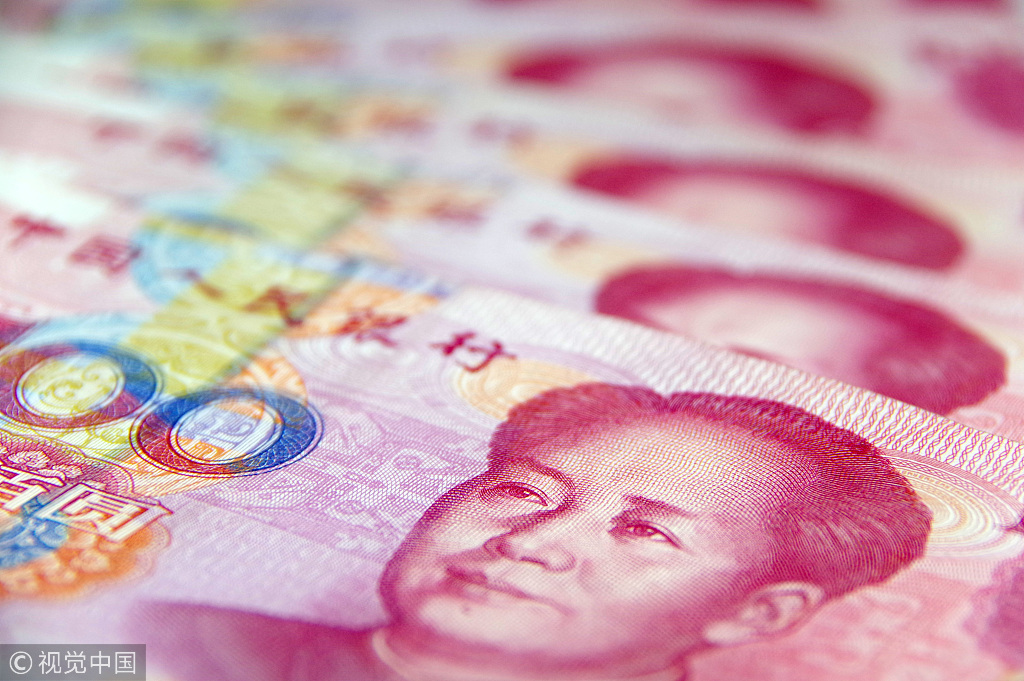Limited room for renminbi to depreciate further, says expert


The renminbi does not have much room for further depreciation against the US dollar, a leading wealth management official said on Monday.
"We don't see huge room for further yuan depreciation against the US dollar unless there are factors supporting the continuing appreciation of the greenback-for instance, if the US Federal Reserve raises its benchmark interest rate unexpectedly fast, or non-US markets suffer an unexpectedly weak economy. But we haven't seen such signs so far," said Ethan Wang, head of investment strategy of wealth management at Standard Chartered China.
Both the onshore and offshore renminbi strengthened against the US dollar on Monday. At 8:24 pm Beijing time, the USD/CNY spot rate was quoted on Wind at 6.6117, which was-0.0363 off from the overnight position. The USD/CNH spot rate was quoted at 6.6175, which was-0.0447 off from the overnight position.
"From a research perspective, the US has benefitted from globalization in the past 20 years," Wang said. "Thanks to its imports of consumer products at low prices, the US did not suffer from imported inflation for a long time. However, by threatening to impose higher tariffs on imports from multiple countries, the US could have the opportunity to renegotiate trade agreements with these countries and gain greater benefits."
He believes that there is still room for further negotiation between China and the US.
Sun Guofeng, director of the People's Bank of China's financial research institute, said last week China will not use the yuan exchange rate as a tool to deal with trade disputes, although some experts suggested this. This kind of suggestion is irresponsible as yuan depreciation will bring many negative effects, according to Wang.
"China imports a large amount of consumer products, so if the yuan depreciates, the country will have a problem of imported inflation, which means inflation due to higher prices for imports. Moreover, as many top Chinese companies have issued debts overseas, any yuan depreciation will trigger an increase in their debt levels," he said.
Liu Ligang, chief China economist of Citigroup Inc, agreed with Wang on the point that yuan depreciation will bring negative effects.
"A large yuan depreciation could backfire, as one-way large depreciation will rattle onshore investors' and residents' confidence on their yuan assets, leading to large capital flight and dollarization of savings," said Liu in a research note.
"At a time of rising domestic default risks, reduced onshore liquidity owing to capital flight could lead to more default risks," Liu added.




































